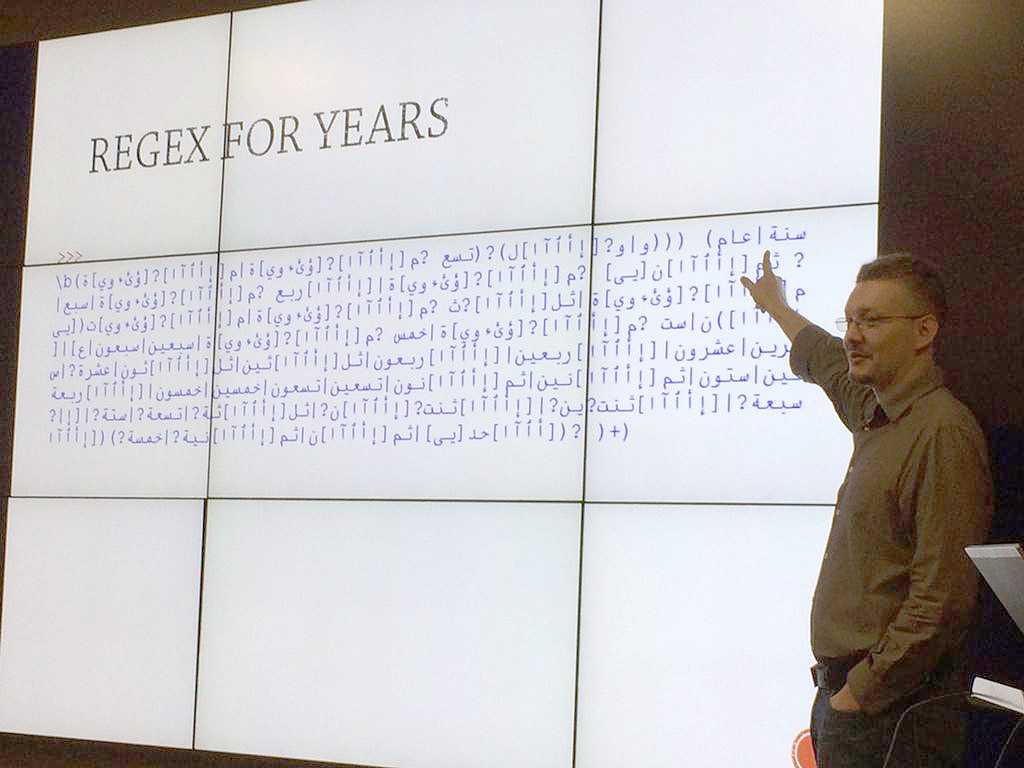Of graphs, maps, and 30,000 Muslims
Digital Humanities & The Premodern Islamic World
In the course of 14 centuries, Muslim authors wrote, compiled and recompiled a great number of multivolume collections that often include tens of thousands of biographical, bibliographical and historical records. Over the past decade, many of these texts (predominantly in Arabic) have become available in full text format through a number of digital libraries. The overall number of texts in these libraries amounts to thousands with their overall volume exceeding 1,5 billion words. Scholars of Islam and Islamic history have already realized the value of the newly available resources, but it is the new digital methods of engaging with these texts that offer the qualitative change of the field by opening research opportunities that were unthinkable a mere decade ago. In particular, various text-mining techniques allow us to study such multivolume collections in their entirety, making it possible to engage into the data-driven exploration of the “longue durée” of Islamic history. Following the general introduction into the digital Islamic humanities, the lecture will then zoom in on the results of the computational analysis of the largest premodern biographical collection—“The History of Islam” of the Damascene scholar al-Ḏahabī (d. 1348 CE), who covered 700 years of Islamic history through over 30,000 biographical records. The riches of this collection hold the keys to understanding of both the Islamic written tradition as well as the history of the Islamic society. What was the Islamic society in the course of 700 years of its history? How was it changing in time and space? What were the major cultural centers? Did they remain the same or passed on the baton among each other? Focusing on these and other questions, the lecture will showcase a variety of analyses possible through text mining and algorithmic reading, pondering on the implications of novel digital methods for the field of Islamic studies.
Speakers


